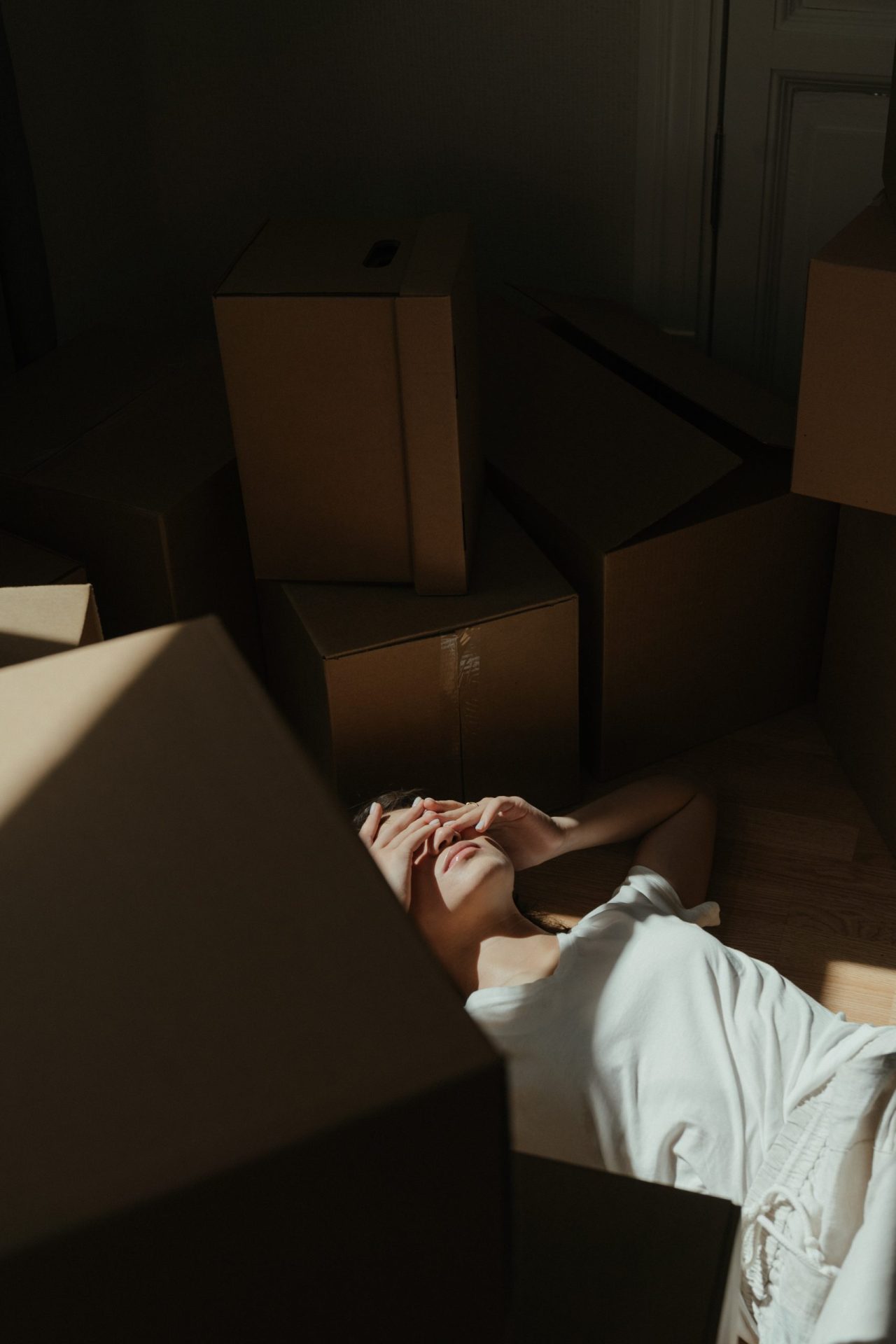
The Truth Is, My Depression Wasn’t The Problem
It’s all in your mind. Think positive. If others can do it, you can too.
These are things others often tell us, things we tell ourselves. Despite the desperate but concealed cry for help, despite the voluntary seclusion of those afflicted, mental health problems still remain a “made-up, egotistical inconvenience” to some people. At times, the doubt doesn’t even come from the outside.
If you’re living with depression or even experienced an episode of it, you’ll know how it feels not to be able to get out of bed, no matter how meticulously planned the day was. You’ll understand the anxiety that comes with the deadlines and never-ending tasks, the sobs that come from nowhere when you finally sit at your desk, and eventually, the hopelessness of knowing that you’ll never be able to get things done, at least not today. Devoid of emotions, you stand from your chair, surrounded by a thick, heavy, dark cloud that lulls you back to bed, to forgetfulness, to a void.
Before closing your eyes, you’ll think, “I could have done more if I weren’t sick.”
I’ve been living with depression for more than two decades. When my psychiatrist asked when it started, I told her I couldn’t remember. Until now, I can’t remember the last time I truly felt safe in happiness. I grew up feeling robbed of opportunities, of friendships, of serenity because of my mental state, which I and my family thought was just shyness and melancholy. I thought I would have learned more, participated more, made more friends if only I weren’t like this.
A person with depression faces many adversities. Of all these roadblocks, self-stigma hits the hardest.
Self-stigma stopped me from asking for help. It made the gloomy days darker. It made the pressures heavier. It scoffed to dampen my pleas.
Self-stigma filled me with doubt about my condition while obstinately feeding me with a deluding certainty that my depression was an affliction, a curse if you may. The weekly sessions with a therapist, monthly sessions with a psychiatrist, and everyday medications kept the anxiety and stagnation at bay, but even after months of therapy, I still couldn’t shake the thought, “Why me?”
Until my psychiatrist asked, “Can’t you think of any upside to being the way you are?”
I couldn’t, so she spoon-fed the answer to me.
Introverts thrive in loneliness, so we spend more, if not all of our time thinking, observing, chronicling. By eagerly listening, albeit being wallflowers in most rooms, we’ll know which words will put off or come through when we CHOOSE to participate in the conversation. Curiosity and creativity can sustain us in solitude, which is why we adapt well to the pandemic, considering.
My depression hurt my consistency in practicing illustration and painting, but it also fueled my most inspired works of art. It made my research and writing slower, but it always makes me consider the problems of society whenever I think of a research topic. It made me take a break from my Science degree, but it allowed me to see research from a different perspective, that communicating what you know may be just as important as figuring out the answers to my questions.
I’ve been living in my dark cloud for so long, but all I felt was its heaviness. I often forget the warmth and music it brings in my sleep, its gentle push for me to explore things outside what I know, its strict but caring telling off when I don’t want to rest.
I saw depression as a parasite, something that needed to be eliminated so I can finally be “well.” But as my psychiatrist always says, mental health isn’t the absence of an issue. If you have resilience, creativity, flexibility, a healthy self-image, and a sense of purpose, mental health issues shouldn’t get in the way of your wellness.
After months of treatment, I realized that my depression isn’t a problem. Sure it can be heavy and demanding and stubborn at times, but only if I’m being stubborn myself. I let two decades pass without asking for help when, like me, all my depression wanted was to be heard.
My journey to wellness is far from over, but I’m lucky to finally have people who are truly in my corner, people who root for me. Up until recently, I wasn’t one of them. I always saw depression as my adversity when the real enemy was me and my narrow perspective.
My depression isn’t a problem. It’s a guardian that makes sure I fill my life with purpose. It makes sure I rest when I need to. It makes sure I care — about myself, my passions, and the world I live in.
“The point of living in the world is just to stay interested.” — Kathleen Rooney, Lillian Boxfish Takes A Walk
